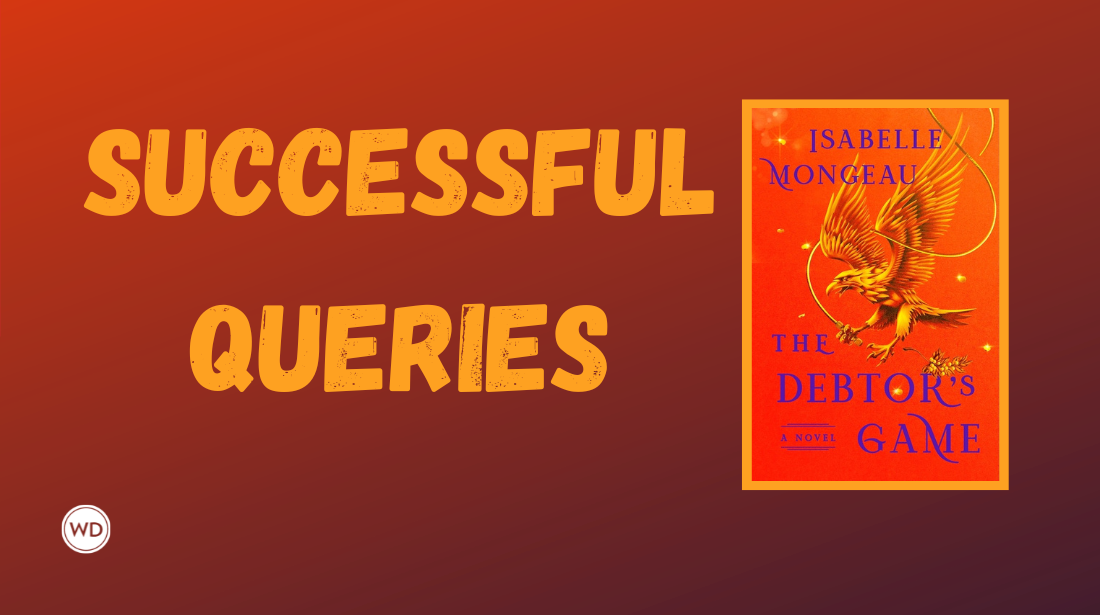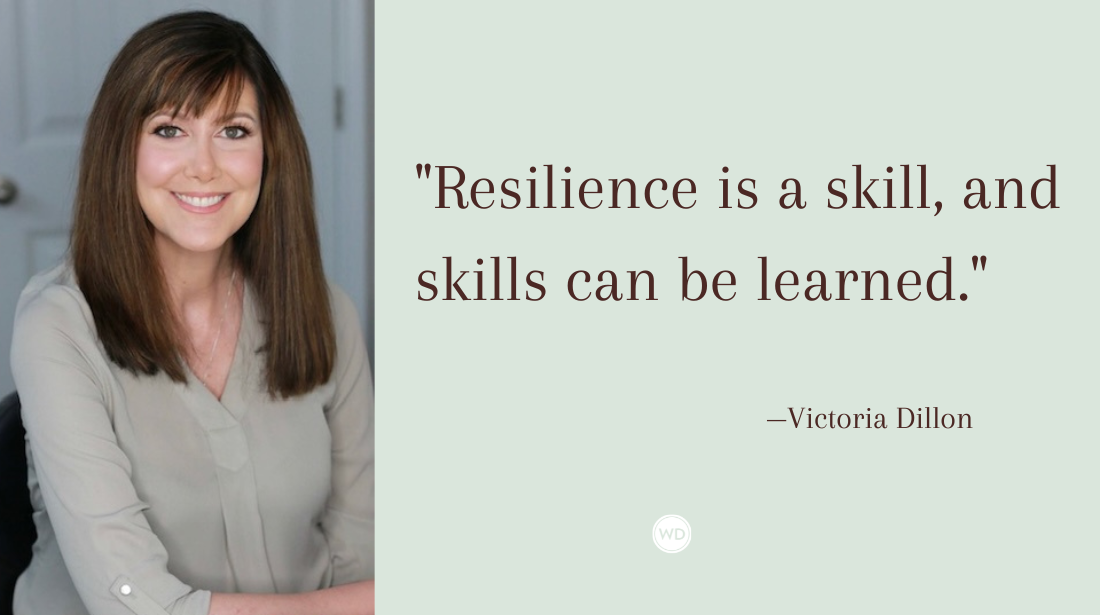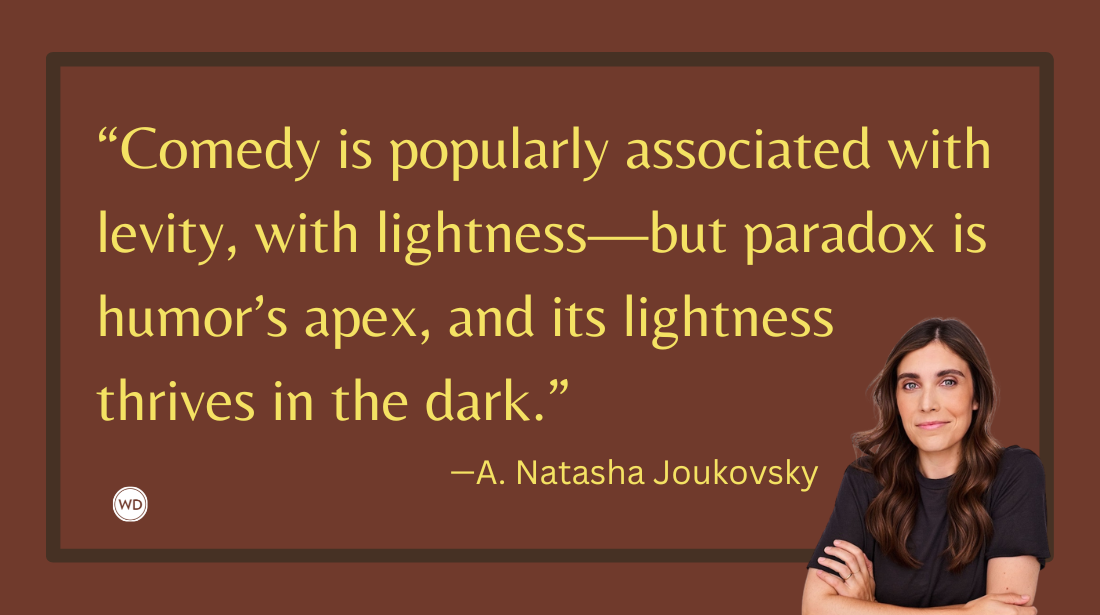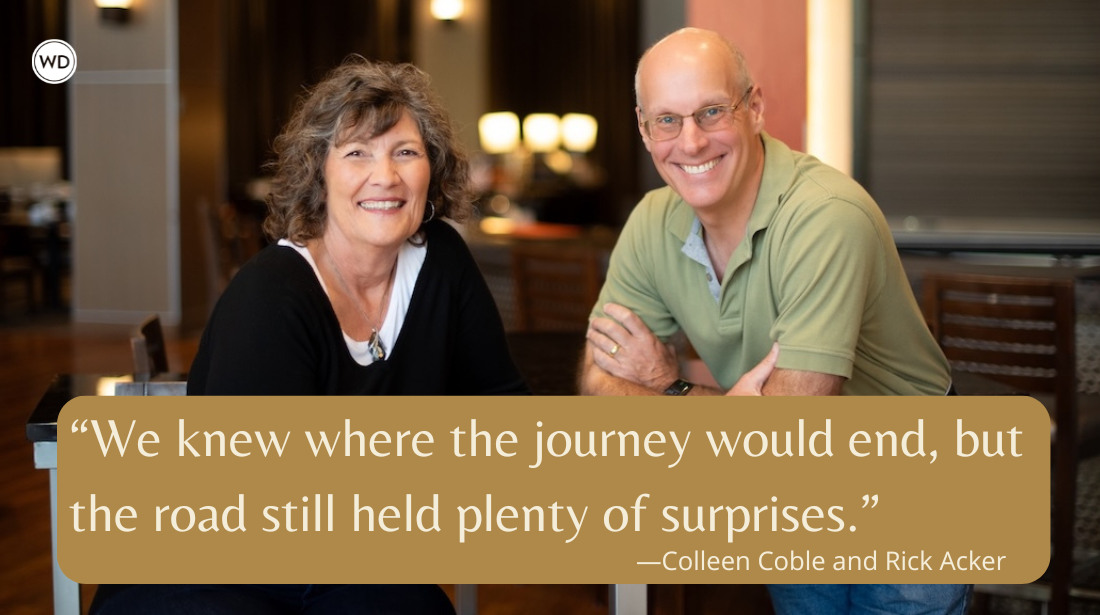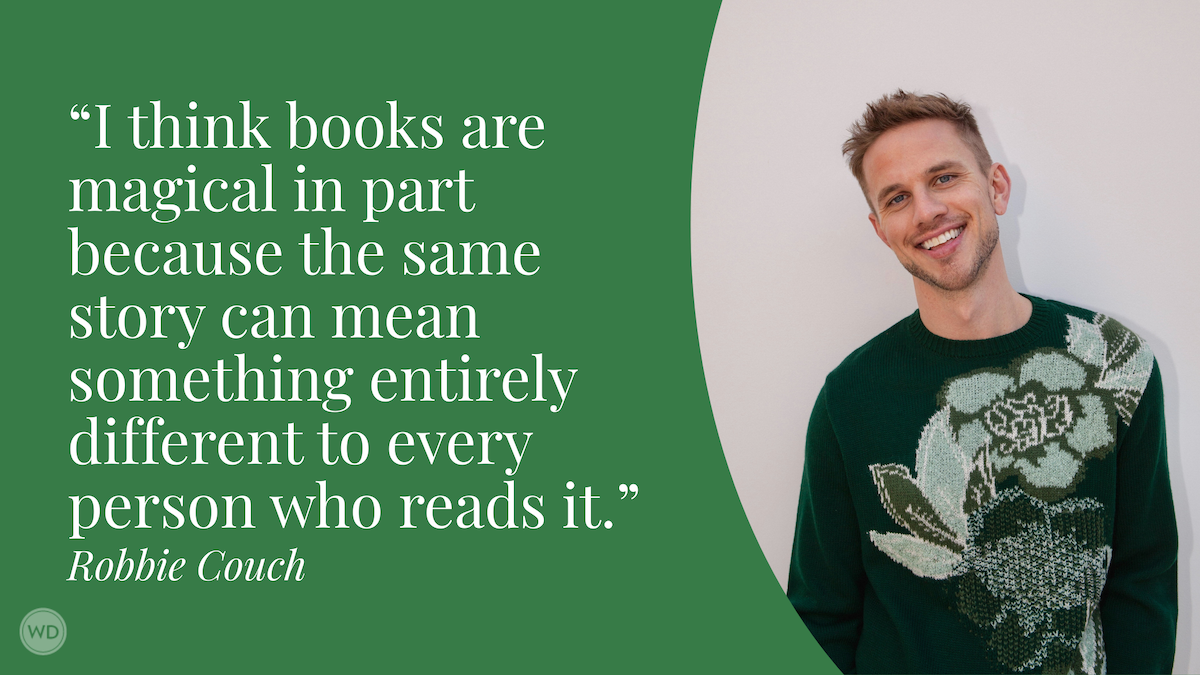Gary F. Bengier: Indie Publishing Philosophical Speculative Fiction
Former eBay CFO Gary F. Bengier shares his journey to self-publish his debut speculative fiction novel based on his nonfiction philosophy book.
Gary F. Bengier is a writer, philosopher, and technologist. After a career in Silicon Valley, he pursued passion projects, studying astrophysics and philosophy. He's spent the past two decades thinking about how to live a balanced, meaningful life in a rapidly evolving technological world. This self-reflective journey infuses his novel with insights about our future and the challenges we will face in finding purpose.
Before turning to writing speculative fiction, Gary worked in a variety of Silicon Valley tech companies. He was eBay's Chief Financial Officer and led the company's initial and secondary public offerings. Gary has an MBA from Harvard Business School and an MA in philosophy from San Francisco State University. He has two children with Cynthia, his wife of 43 years. When not traveling the world, he raises bees and makes a nice Cabernet at the family's Napa vineyard. He and his family live in San Francisco.
In this post, Bengier shares his journey to self-publish his debut novel, what lessons he learned while writing the novel, and much more!
*****
Writers often look upon outlines with fear and trembling. But when properly understood and correctly used, the outline is one of the most powerful weapons in a writer's arsenal.
*****
Name: Gary F. Bengier
Title: Unfettered Journey
Publisher: Chiliagon Press
Release date: September 7, 2020
Genre: Speculative Fiction
Previous titles: Unfettered Journey Appendices: Philosophical Explorations on Time, Ontology, and the Nature of Mind
Elevator pitch for the book: Unfettered Journey, a new speculative novel, explores the individual's quest for purpose in a richly imagined AI future. It is a love and adventure story with a philosophical perspective.
[Writer's Digest uses affiliate links.]
What prompted you to write this book?
After a career in Silicon Valley I turned to passion projects. I went back to school for nearly a decade, studying physics and philosophy. My philosophy master's thesis led me deep into the philosophy of mind, to try to understand human consciousness, and what our minds actually are.
After nearly another decade of thinking about these questions, I've written both a rigorous philosophical book—Unfettered Journey Appendices—and this more accessible novel. There is deep philosophy underpinning the book.
How long did it take to go from idea to publication?
The philosophical ideas behind the novel have been percolating in my head for 30 years, and the novel story and characters for over a decade. But the hard work of writing the novel took only three years.
Were there any surprises or learning moments in the publishing process for this title?
As an indie author and publisher, there was a steep learning curve. In the midst of COVID-19, book marketing has become more centered around Amazon, so finding opportunities to "go wide" is challenging.
When building my author platform—a must for every author today—I found mixed advice on what is most effective. Social media is rapidly evolving, and I do not believe that the major publishers are better than diligent Indie authors at finding what is most effective today. One key is to find ways to measure effectiveness.
My advice is to hire the technical talent (which is available cheaply on several technical freelancer websites) to monitor your author website and social media exposure. Then you can better use your marketing time to make your book known.
Were there any surprises in the writing process for this book?
The format of a novel is different than real life in several ways, and one is that while life can be random (the world really is non-linear), a novel cannot be. There must be a logical reason, presented to the reader, for everything that happens. That logical closure is critical to a pleasant reading experience.
When I first imagined certain scenes, I was not aware of this "rule." But as my writing style developed, adding the appropriate motivating logic for my characters became more nuanced, hidden more deeply into the fabric of the story.
What do you hope readers will get out of your book?
I hope that Unfettered Journey will help us more realistically imagine the future, so that we can work productively to build the future that we wish for humankind. Its themes and questions include:
- Achieving social justice.
- Finding purpose in a high tech, imperfect world.
- How we plan for a future economy where AIs and robots play an increasing role? With fewer jobs to do by people, what is the nature of work, and how do we spend our time? What kind of society might we have, and most importantly, how is the wealth produced by our machines divided?
- Can we square a scientific perspective with any spiritual system?
If you could share one piece of advice with other authors, what would it be?
You are not a writer until you actually write. Like exercise, writing is often more enjoyable in the abstract. The secret really is "butt in the seat."
As an old financial guy, I know that "what gets measured gets managed," and each writer should find a comfortable method to measure their writing progress. I like to plan, so I outlined the novel—only a skeleton at first, then with more detail as the story became clearer to me. Then I roughed out the scenes.
Then I set weekly, monthly, and quarterly goals for scene writing. The progress against those concrete numbers was motivating. I liked to watch my number of words grow and the number of unwritten scenes diminish. Along the way, my characters began to wake me up at night, to whisper in my ear ("No, I won't do that…"). That's when the writing truly became a lot of fun.




